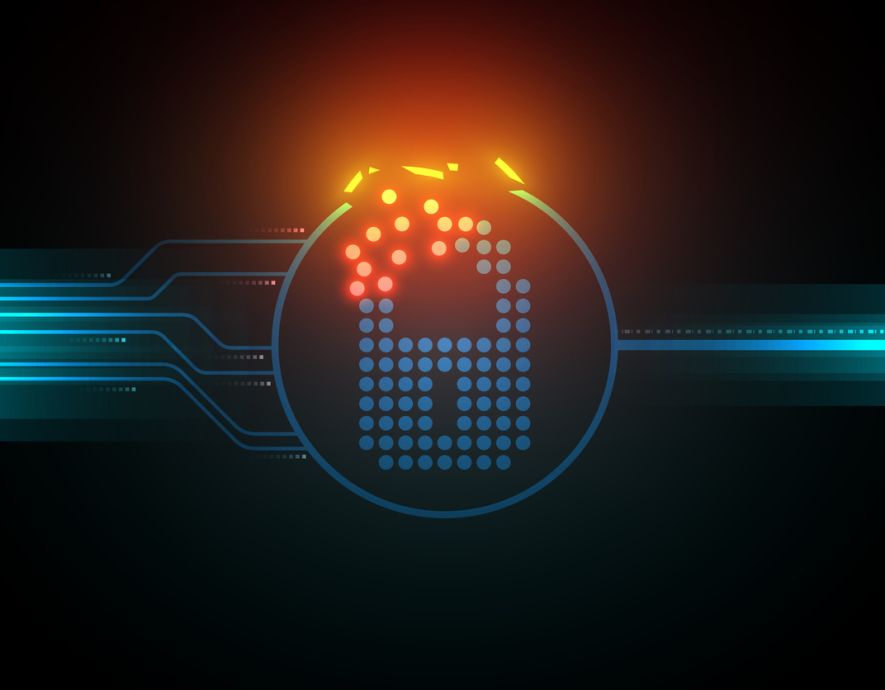
- Home
- Risks management
- AI Act: too constraining or too permissive?
AI Act: too constraining or too permissive?


Spanish EU presidency keen on wrapping up key bill by end of 2023.
The European Commission, Parliament and Council all gathered on July 18, 2023, to make headway on the AI Act. The bill, introduced by the Commission at the end of 2022, intends on regulating the use of AI in the EU.
It categorizes AI apps according to the level of risk they entail: low, limited, high, and unacceptable. Each category is subject to specific regulatory requirements. According to the AI Act, apps with “unacceptable” risks, which will be banned, use the following features: real time biometric ID, social credit score systems, subliminal influencing and/or predictive policing.
Generative AI, like ChatGPT and Midjourney, will have to show transparency in regard to data used for training, and specify which content is subject to copyright. Parliament even intends on requiring labeling. Moreover, the bill’s latest amendments tend to pinpoint cases of high-risk use and harden security requirements.
The EU’s Spanish presidency wants to pass the bill by the end of 2023. Yet European legislators are now under pressure. On one hand, artists (in every sense of the term) are demanding more constraining measures to limit AI’s effect on their craft. On the other, the tech ecosystem, supported by France in particular, is pushing for more flexible legislation so as not to slow down innovation.
the newsletter
the newsletter



